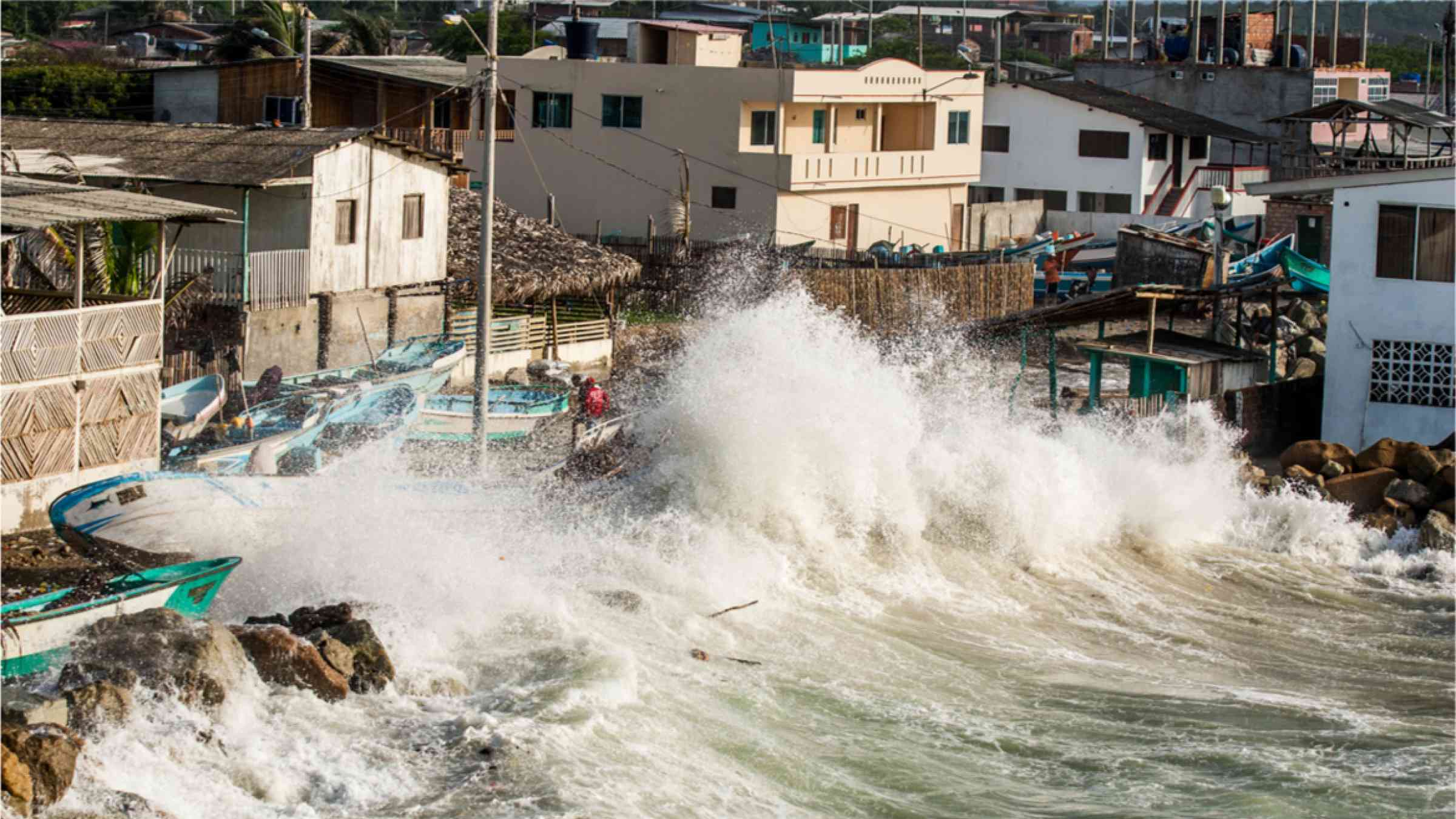Digital training tackles future threats in Tuvalu

The Tuvalu Coastal Adaptation Project (TCAP) continues to roll out its plan to train government officials in the use of a coastal hazard modeling tool, to detect and mitigate coastal risks. This software will support government officials in the Pacific region to mitigate threats like sea-level rise in the long-term.
The training has also offered individuals the benefit of interacting with different experts within Ocean and Maritime divisions, thus breaking barriers among country experts working closely on coastal resilience to boost collaboration and networking efforts.
Coastal risk monitoring officer of the Secretariat of the Pacific Community at the Geo-Science Energy and Maritime Division, Ms. Naomi Jackson, told Tuvalu news that the training focused on transferring technical skills in Geospatial Information Services, using open software and data collection to support coastal risk capacity.
This work is a follow-up to a workshop carried out in May to June this year by TCAP, on disaster risk for vulnerable communities and coastal risk assessment. Trainings will continue to the Marshall Islands, Niue, and the Cook Islands in the coming months.
Mineral Officer at the Lands and Survey Department of the Government of Tuvalu, Sapolu Tetoa, said: “It has been an exciting attachment training for me personally, the knowledge gained through the two months within the two projects has helped me as an individual working for the Government to better my skills. I really enjoyed my time at SPC as individual staff within the Organization made me feel at home, which motivates me to do things that are out of my comfort zone.”
Building intelligence for risk management
Tuvalu Coastal Adaptation Project manager, Alan Resture, said: "This new technology is supporting the people of Tuvalu to build capacity about potential climate hazards that could affect the island in future. “This kind of data gathering through new Geographic Information System tools, is supporting us to get ahead of the curve on climate change, so that we can find and deploy better solutions to support Small Island Developing States like Tuvalu in building a more resilient future."
He added that the training is part of a wider goal within the Tuvalu Coastal Adaptation Project to build the capacity of government officials and men and women on the island, so that technical skills to mitigate climate risks can be tapped locally. Participants in the training have so far included representatives from the Metropolitan Police office, and the Departments of Climate Change and Disaster, Environment and Lands and Survey.
State-of-the-art online platform
This digital training follows the recent hand-over in July of a state-of-the-art online platform which, in collaboration with the Pacific Community (SPC), for the first time, allows the atoll nation to clearly identify, plan for, and reduce risks associated with sea level rise and more frequent intense storms driven by climate change.
The free, publicly available platform enables the government, communities, and other users to make sound, risk-informed development decisions including where to build, as well as providing a crucial tool to plan adaptation into the future. Special effort has been made to ensure the platform is easy to use and will integrate seamlessly with SPC’s national training programme under TCAP, while incorporating feedback from users into the platform.
In the coming months, more potential users in addition to government departments will be trained in routine use of the dashboard, and how to add data layers to the shoreline monitoring component of the system, to track change over time.